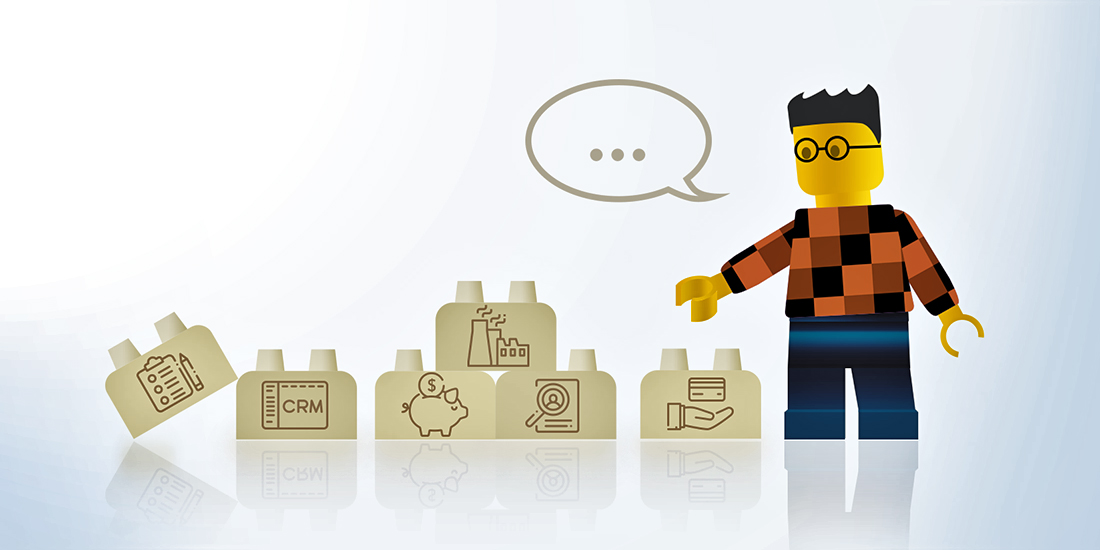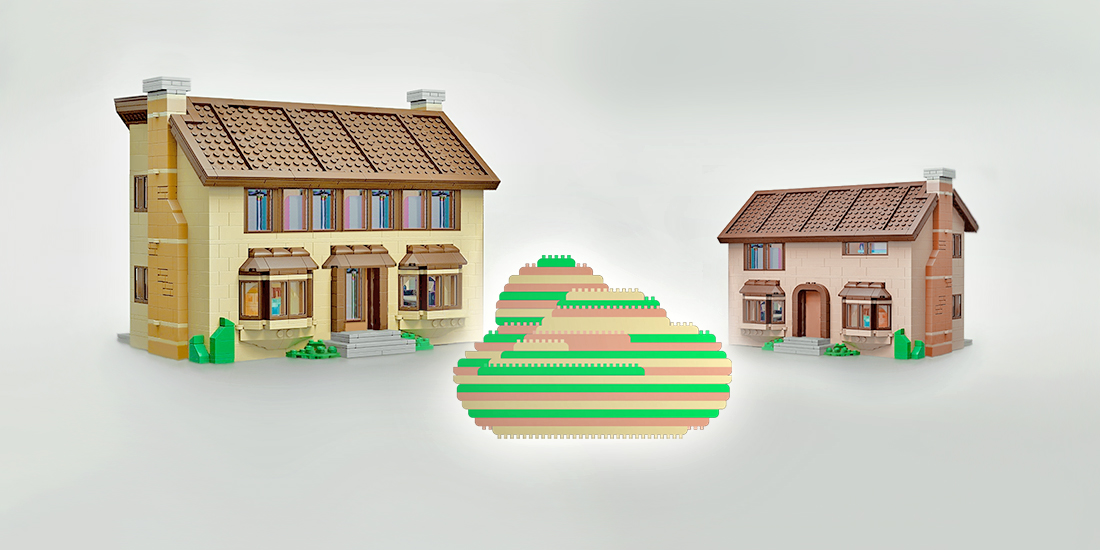- What is ERP?
- Reasons to use ERP
- Where it can be useful
- Core ERP Components
- Questions and answers about ERP Components
- Conclusion
ERP – more or less you are probably know for what this acronym stands. Enterprise Resource Planning is a reliable support for almost every business nowadays. In the previous article we’ve already discussed what is ERP system about and touched it structure a little bit. But from what does ERP consist of? Today we are going to take a closer look at its building parts – ERP components.
What is ERP?
To begin with, let’s revise ERP definition. Enterprise resource planning (ERP) is a system that helps to organize and operate company’s data and working processes. ERP is a constructor, where every part is a company’s business area. Moreover, this constructor helps organization to manage daily business activities like accounting, manufacturing and others.
ERP system usually consists of different modules (components) according to business area, which are the parts of the whole system. This approach significantly increases productivity of departments work as the data is systematized and some processes automated.
Enterprise Resource Planning system was invented in the 1990s by the Gartner Group. Initially, ERP systems were developed especially for big organizations’ needs. As corporations have a lot of departments, business areas and directions, it was really difficult task to manage all the processes without additional support. ERP system was such a support. It included modules for every important business component: from finance to HR. But nowadays ERP system can be also used in small businesses as there are lightweight versions.
Enterprise Resource Planning system usually has the following characteristics:
- Common database
- Reporting and analysis system
- Some tasks are automated
- Modular design
- Integrated system
“But why should we use ERP?” you’ll probably ask. Let’s overview some reasons for that below.
Reasons to use ERP
So let’s try to understand what benefits ERP implementation can bring:
1. Forecasting reduces errors
ERP provides users with opportunity to create accurate forecasts. As the data is always stored in the common database, it is much easier and faster to forecast with realistic estimates.
2. Team collaboration
The whole company’s information is stored in the common database and divided into different areas and departments. Thus, it is much easier to access the required data and operate it. The work inside and outside department becomes more efficient. Data centralization in this way promotes staff collaboration.
3. Money saving
ERP system implementation is not simple and cheap process but it helps to save company’s budget. There are two reasons for that:
- The system work doesn’t require IT staff involvement, managers can easily regulate the system themselves;
- As the efficiency improved by the system the possibility of errors, delays and additional costs for problems fixing is reduced.
Thus, ERP solution is not money waste but investment in the future.
4. Productivity boost
Some redundant task are automated. So users now can focus more on the relevant primary tasks. Thus, staff productivity grows.
5. Mobility
Some ERP system provide constant access anywhere you are with the internet connection. So users can work with ERP anytime and anywhere.
6. Data security
ERP provides opportunity to restrict particular data access. Managers can control information confidentiality.
7. Easy-to-use reporting system
Create reports of any complexity, save templates, share them without additional IT help.
Enterprise Resource Planning really eases working processes. But the question is about what processes we are talking? In which sphere of business we can use ERP? Let’s try to understand the issue
Where it can be useful
First of all, let’s try to understand when exactly we should think about ERP implementation. Here are some signs ERP can improve your business:
- misallocation of time spending for tasks;
- disparate system;
- absence of business processes systematization;
- additional costs appearance;
- there is no forecasting system;
- constant delays and disruptions.
The above signs may be a clear evidence you need to find a new approach to your business management. The solution lies in ERP.
But what kinds of ERP systems exist? And how to choose the right one?
Here is the table of the existed Enterprise Resource Planning systems types:
| Small business | Industry-specific ERP | Web-based ERP |
As we said in the very beginning, ERP system was developed specifically for big corporation’s needs. It usually consisted of ready to use modules optimized in requirements for big organization management. But with as the business world changes quickly and competition grows, all size companies have a strong need for efficient operation. Thus, ERP vendors started development of solution for every organization type. ERP for small business is a scaled-down version of regular Enterprise Resource Planning system. It usually has such modules as HR, sales and orders or other required ERP components. | This type of ERP system helps to organize working processes inside big organizations. Big corporations often have a difficult structure and numerous departments. So Enterprise Resource Planning goal here is to help the head to manage this complex system. Industry-specific ERP can be both build from the ground or customized for particular company. So every organization has a chance to choose the right one. | Web-based ERP systems suit both small and big companies. In comparison with previous ones, this kind of Enterprise Resource Planning appeared later together with demand for mobility in business world. The key point here is that web-based ERP runs on remote server and the data is not stored in user’s computer. All you have to do in order to have access to this system is just buy a subscription. |
Not every company have an IT department or specific requirements. It’s pretty enough for them to obtain standard ERP module suit. ERP systems, as a rule, are ready-to-use or optimized for organization. But if you have a qualified IT department and want to have a unique system that requires everything your need, maybe you don’t need a ready solution.
In this case, it will be much better to generate ERP system yourself. “But how?” you’ll ask. Such solutions like XAF by DevExpress and Xafari by Galaktikasoft (extends XAF capabilities) provide you with such opportunity. They have libraries and tools that help you to create your own ERP system based on your preferences and requirements.
More info you can find following Xafari page.
Finally, when we already know what is ERP, which benefits in which cases it can bring, it’s high time to learn what Enterprise Resource Planning system includes. So the building ERP parts are its modules. The quantity and complexity of them can differ depending on the company’s needs and size. But what are the typical components of ERP systems? Here is the core ERP components list:
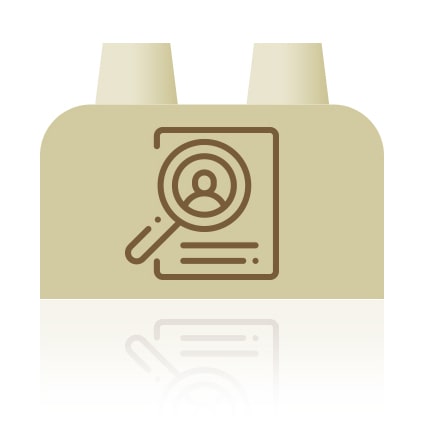
Human Resource (HR)
What is the base of every company? Of course, it’s staff. Company’s employee is what the company starts from. Exactly this resource makes its best for organization’s operation and development. That is why HR team needs a tool for efficient staff management.
HR ERP module includes employee records and helps to manage such actions like:
- salary and payment reports;
- attendance tracking;
- performance reviews;
- promotion;
- planning of working and holidays hours and others.
Finance
Another basic and no less important component is finance. Every company has to deal with money whether it is salary or payments for goods shipment. Thus, this module is compulsory. The basic ERP finance module features are:
- dealing with account transactions;
- balance sheets;
- payable and receivable accounts;
- forecasts and others.
Automated processes in finance module help to minimize errors. So all company’s finance stored together is in safe.
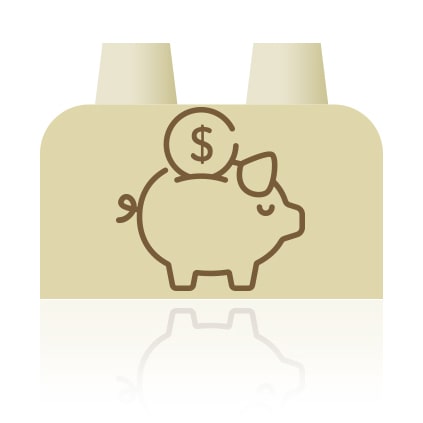
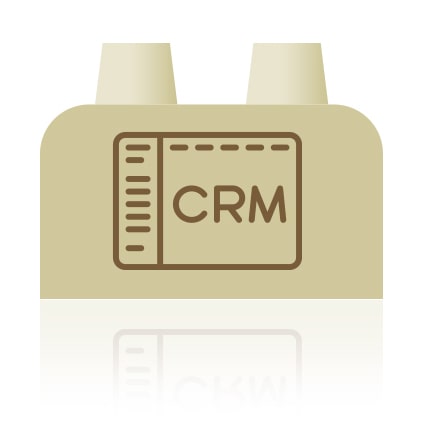
Customer Relationship Management (CRM)
After HR module this one on the second place for its importance as the main aim is, of course, to meet the customer’s needs. CRM component stores all the customer’s data and helps to analyze it in order to perform the above goal. It provides opportunity to track buying history, calls, communication. CRM in this way boosts organization performance, as on the base of the stored info, it is much easier to consider customer’s preferences and provide quality service.
Production and Material management
To begin sale something first we should have a plan. A plan of how many material do we need to know how many products we can make. Here we turn to Production and Material management. This module provides info about:
- material stock level in the warehouse;
- item usage;
- inventory requirements;
- inventory status reports.
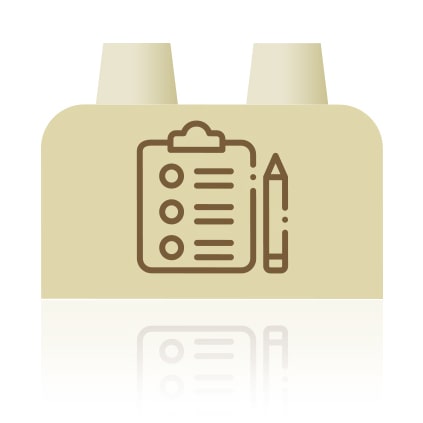
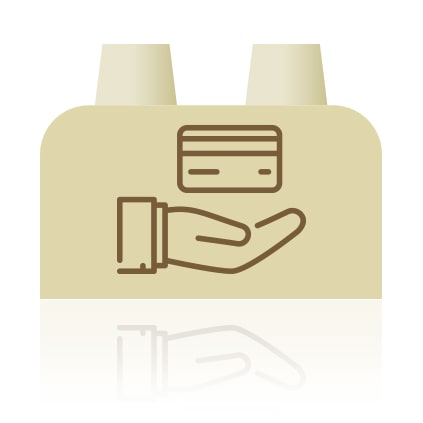
Sales and Marketing
These two components can be presented both together and separately. But usually they have a similar function. Sales and marketing module is one of the core ERP components as it is the basis for the company revenue. Thus, it is very important to take care of marketing strategy in order to have sufficient funds for business management.
This module usually includes:
- sales order;
- customer management;
- marketing methods;
- quotation management;
- sales invoices drafting.
Manufacturing
Not every company has manufacturing but in case organization has it, this module is a must. It provides all the necessary information for manufacturing run. Manufacturing ERP module can include:
- bill of materials;
- records of working orders;
- manufacturing methods and others.
This list of core ERP components can be supplemented according to organization’s needs.
But let’s move even further and try to summarize everything up. Follow the next part and overview the top asked questions about ERP Components.
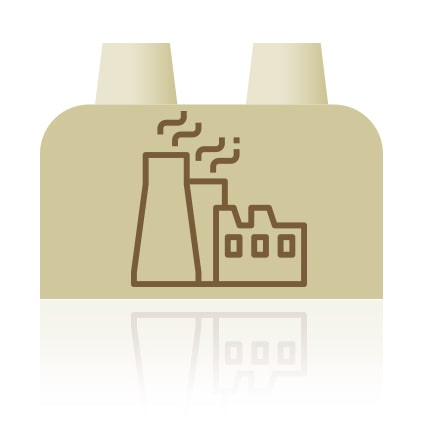
Questions and answers about ERP Components
1. What is ERP system?
Enterprise Resource Planning is a system aimed to help in core business processes management. It stores all the company data and divide it according to different business areas. ERP consists of different modules, which maintain the work of company’s department.
2. What are the types of Enterprise Resource Planning system exist?
We can distinguish three main types:
- Industry-specific ERP: helps to organize working processes inside big organizations, can be both build from the ground or customized for particular company;
- Small business ERP: a scaled-down version of regular Enterprise Resource Planning system. It usually has such modules as HR, sales and orders or other required ERP components;
- Web-based ERP: run on remote server and the data is not stored in user’s computer.
3. Which companies use ERP?
As ERP solutions are provided in different types and combinations of modules, almost every company can choose an appropriate variant for its needs. But most frequently you can find ERP systems in such areas as:
- Trading Industries
- Different manufacturers (pharmaceutical, food, cosmetics, auto and others)
- Fabric process
- Service Industries
4. What are ERP modules?
Enterprise Resource Planning modules are the building parts of the ERP system. Each ERP module is focused on a particular business area: HR, Manufacturing, Sales and others. The number of modules may vary in dependence of the company size and preferences.
5. What are the basic ERP components?
As we’ve already mentioned, the number of ERP components may vary. But the core modules which are essential for many organizations usually are:
- Human Resource
- Customer Relationship Management
- Finance
- Sales and marketing
- Production and material management
- Manufacturing
Conclusion
As the building consists of bricks ERP system based on its components. And with the company size and requirements they are also vary in quantity. Whether to choose the ready-to-use ERP system with built-in components or to create your own one following your particular preferences is absolutely up to you. But if you are interested in the second variant the solution can be found here Xafari.


